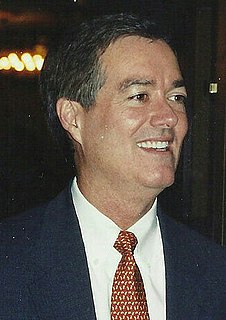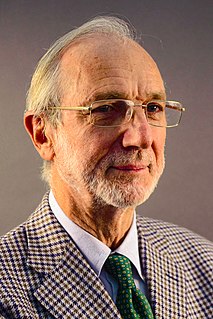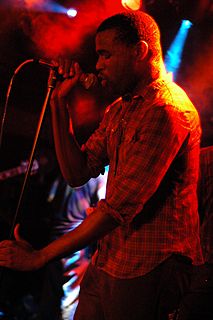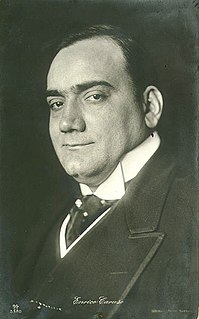A Quote by Jerome Isaac Friedman
When there were financial difficulties they still managed to provide us with music and art lessons.
Related Quotes
I believe that the financial crisis of 2008/9 exposed more a lack of ethics and morality - especially by the financial sector - rather than a problem of regulation or criminality. There were, of course, regulatory lessons to be learned, but at heart, there was a collective loss of our moral compass.
I started taking piano lessons when I was about four years old. My parents were both musicians. So I took piano lessons. I didn't like the lessons very much, but I was enchanted by music. Music always transported me somewhere. Singing made feel good and being able to play the piano made me feel good.
The 20th century saw far greater catastrophes than September 11th, as bad as it was, and they didn't render literature or art or music irrelevant. In fact, I think that literature and art help us to understand - sometimes they provide narratives and metaphors for understanding history, for understanding recent catastrophes.
When God tells us to give extravagantly, we can trust Him to do the same in our lives. And this is really the core issue of it all. Do we trust Him? Do we trust Jesus when He tells us to give radically for the sake of the poor? Do we trust Him to provide for us when we begin using the resources He has given us to provide for others? Do we trust Him to know what is best for our lives, our families, and our financial futures?




































